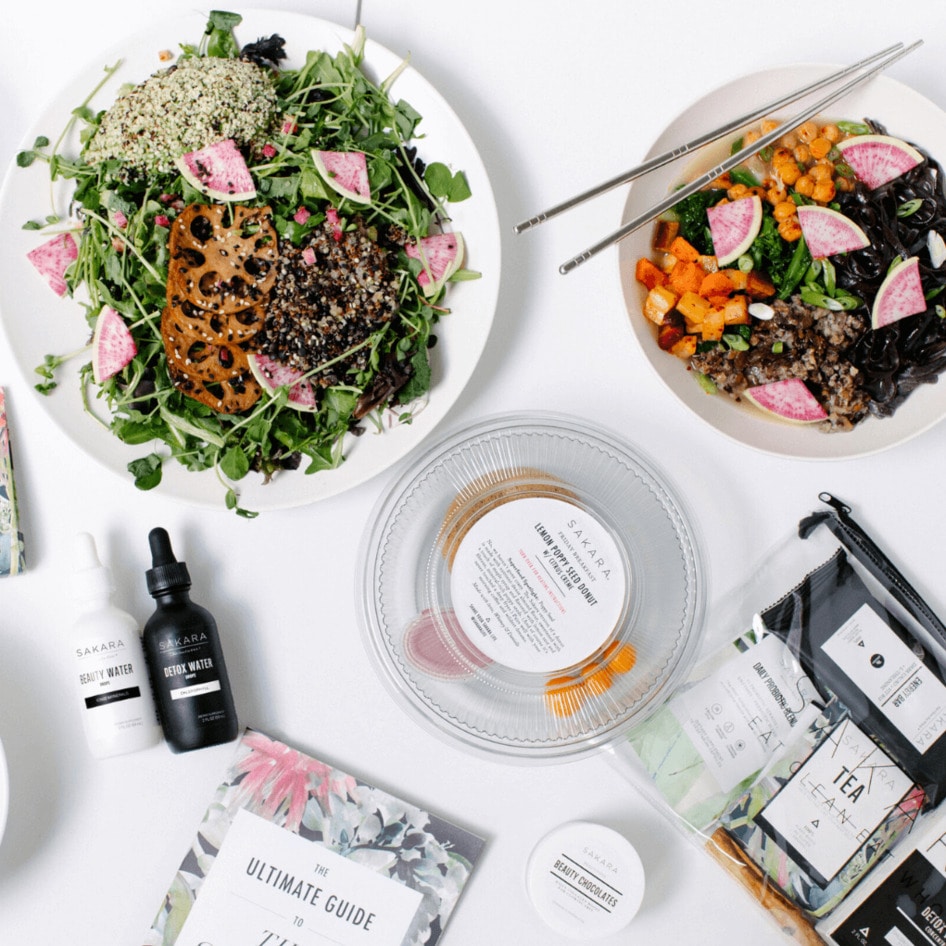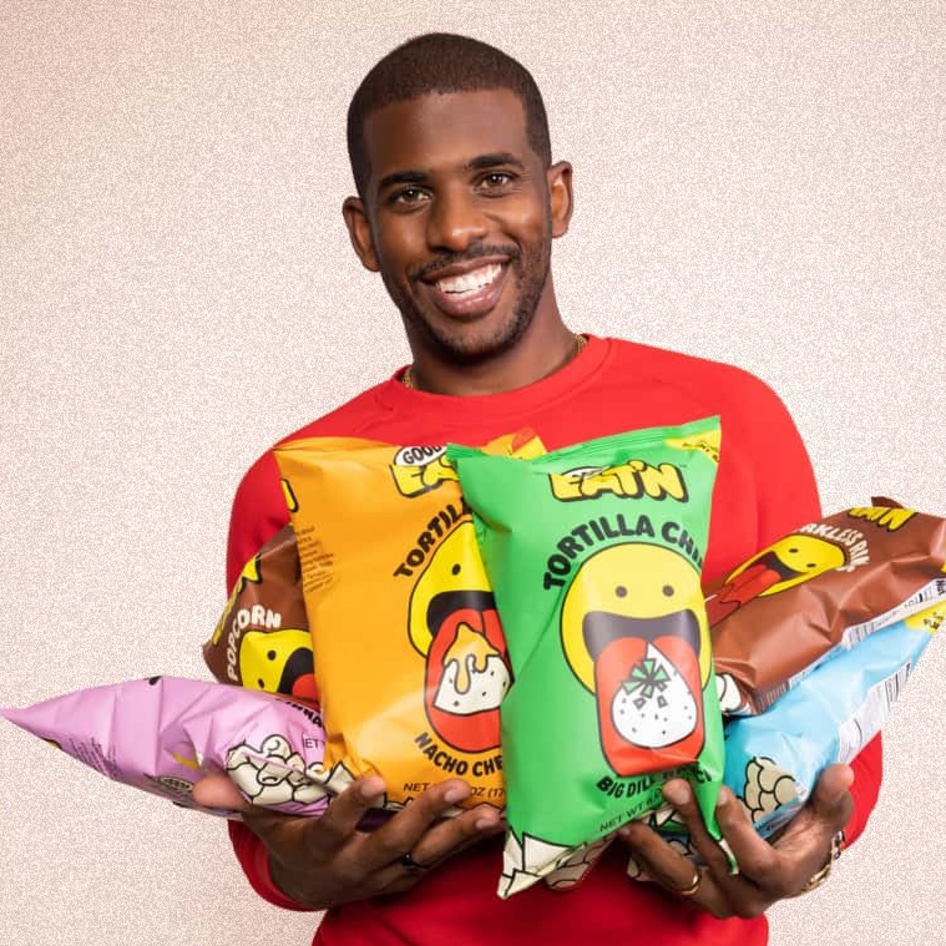Greenwashing or Green?
Are clothiers really going green or simply profiting from consumers’ green guilt?
October 8, 2008
The super sizing of the green movement has been met with large-scale skepticism. Are mainstream corps just capitalizing on consumers’ green guilt? Does green marketing equal green morals or just green dollar bills? Does it matter? On the potential dangers of green fashion going mainstream, organic jeans maven Tierra Del Forte says there’s a real fear of greenwashing within the industry; a fear that “people take on the language and the marketing without changing their practices.” She also adds that there is the fear of factory-farmed organic cotton and of fast and cheap production. She stresses the internet’s role in increasing accountability and “transparency of companies,” and thinks the savvy consumer can confirm that these companies are acting ethically with just a few clicks.
Today, less than one percent of all cotton is grown organically. That startlingly low figure is reason enough for her company to exercise corporate responsibility, according to Lisa Sandberg of H&M. In fact, when it first began mixing organic cotton into its baby collection in 2004, it didn’t even actively market it. About its motivation, Sandberg remarks, “It really would make us happy to help grow organic cotton around the world… It’s more than a trend for us; we’re really trying to promote organic cultivation to set an example for other retailers to do the same.” While making environmental strides may offer big payoffs in the do-gooder department, every company must weigh the expenses and the benefits of going green. The struggle is a delicate one. Sandberg explains that because H&M purchases materials in such large quantity, it is able to offer organic cotton-even though it still costs more-without passing the added costs on to the consumer.
JUMP TO ... Latest News | Recipes | Guides | Health | Subscribe







